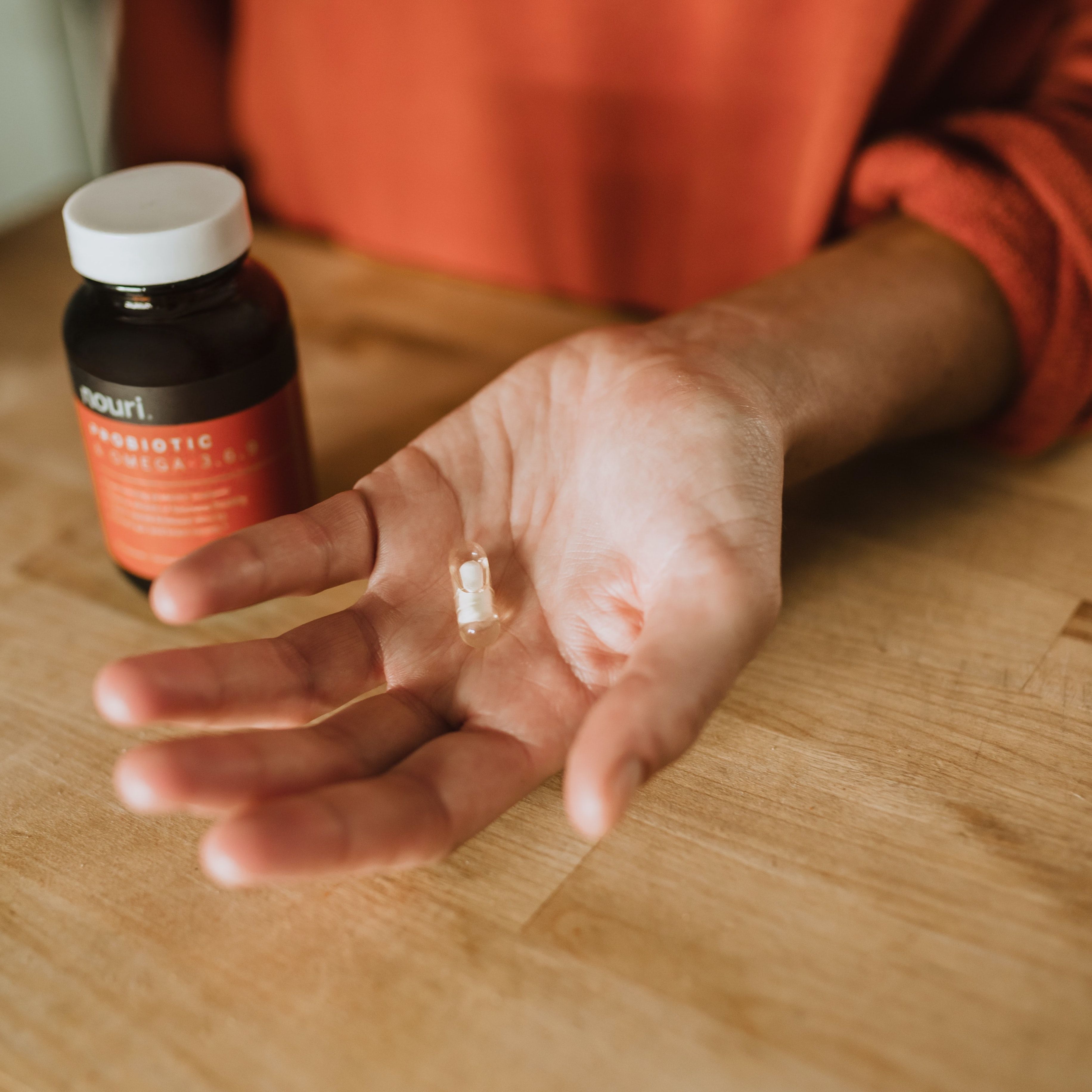Probiotic Linked to Reduced Gout Episodes, Need for Treatment
An international pilot study shows a probiotic candidate may improve both management of gout and relevant blood serum levels in treated patients.
Credit: Unsplash / Daily Nouri

An oral metabolizing probiotic strain showed capability to significantly reduce total gout episodes and the need for gout-related therapies in treated patients.
In new international research assessing several gut microbiota-supporting strains to help treat the metabolic mechanism of hyeruricemia, a team of investigators observed that one such option may not only improve parameters of gout management—but also patients’ oxidative stress and liver health relative to the rheumatic disease.1
Led by Juan M. Rodriguez, of the Department of Nutrition and Food Science at Complutense University of Madrid in Spain, investigators had conducted an analysis of various Ligilactobacillus salivarius (L. salivarius) strains for their potential impact of purine-related metabolization. They then interpreted the effect of administering any viable strains to patients with hyperuricemia on their clinical outcomes.
A handful of hyperuricemia and gout development risk factors cannot be modified, including sex, age, race and genetics. That said, the 2 primary causes for the disease are a purine-rich diet and deficient kidney and gut excretion. It’s only been in the last decade that research outcomes have elucidated the significant role of human microbiota in diseases such as these; the precise mechanism linking gut microbiota to purine metabolism are not currently known, but modulation of the former via probiotics has been proposed to benefit production with the latter.
Rodriguez and colleagues included 13 L. salivarius strains in their assessment; their cell-free extracts were assessed for their uptake and biotransformation of the bacterial whole-cell extracts of compounds guanine, guanosine, hypoxanthine, inosine, uric acid and xanthine.
From there, they identified L. salivarius CECT 30632 as a candidate to prevent gout in a pilot randomized, controlled clinical trial including 30 patients with hyperuricemia and a history of recurrent gout episodes.
Patients were randomized 1:1 to either probiotic therapy or control. Mean patient age was approximately 54 years old; mean body mass index (BMI) exceeded 31, and 16 (53.3%) patients experienced 2-3 gout episodes in the previous 9 months.
Among the 15 probiotic-treated patients, just 5 (33.3%) reported a gout episode during the trial period from July 2020 – December 2021, versus 13 (86.7%) of the control population (P = .006).
A majority of the treated patients additionally did not need alluporuinol (n = 12 [80%]), colchine (n = 10 [66.7%]), nor ibuprofen and similar therapies (n = 10 [66.7%]). A majority of patients in the control arm needed each gout-related therapy. L. salivarius CECT 30632 was well-tolerated by patients as well.
Regarding blood levels, investigators observed improvement to parameters regarding oxidative stress, liver damage and metabolic syndrome.
“Decreases in such parameters are relevant because of the close association between gout and metabolic syndrome,” investigators wrote. “Gout is an increasingly relevant condition because of its relatively high prevalence, its impact on well-being and healthcare costs and, most importantly, its association with important co-morbidities that are usually considered as manifestations of the metabolic syndrome including hypertension, hyperlipidemia, cardiovascular disease, liver disease, renal disease, type 2 diabetes, and obesity.”
The team wrote in their conclusion that future assessment of the probiotic may be necessary to interpret changes to the fecal microbiome due to the risk of alteration in gastrointestinal physiology and inflammation.
“This knowledge may reveal the involvement of specific microorganisms or consortia in the onset and/or progression of hyperuricemia, improve the diagnosis and treatment of this pathology, and help to develop more effective therapeutic strategies by manipulating the gut microbiota, including the selection of probiotics than are even more effective,” they wrote.
Nonetheless, the pilot trial did confirm benefit of reduced gout episodes, improved pharmacological management of gout and hyperuricemia, and improved serum urate levels.
References
- Rodríguez JM, Garranzo M, Segura J, et al. A randomized pilot trial assessing the reduction of gout episodes in hyperuricemic patients by oral administration of Ligilactobacillus salivarius CECT 30632, a strain with the ability to degrade purines. Front Microbiol. 2023;14:1111652. Published 2023 Feb 14. doi:10.3389/fmicb.2023.1111652